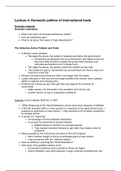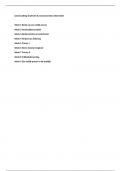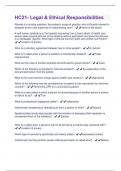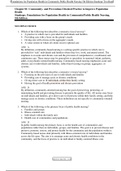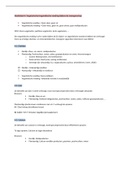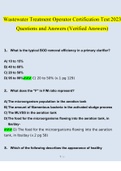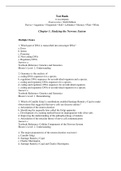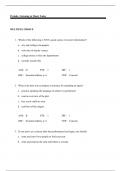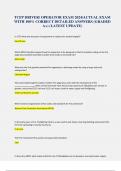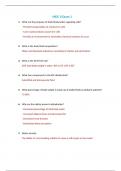Resume
IPE Lecture4: Class Notes + Summary of Chapters 6-7 (International Political Economy, IRO Year 2 Block 2)
- Cours
- Établissement
- Book
This document contains my class notes for Lecture 2 from the International Political Economy course, which is taught in Block 2 of the second year of International Relations and Organizations. It also contains my notes from the assigned readings, Chapters 6-7 from International Political Economy by...
[Montrer plus]
